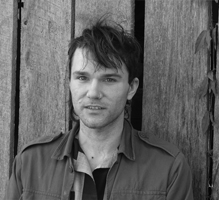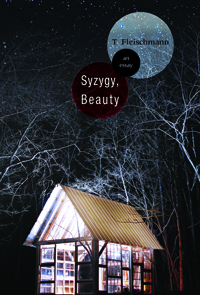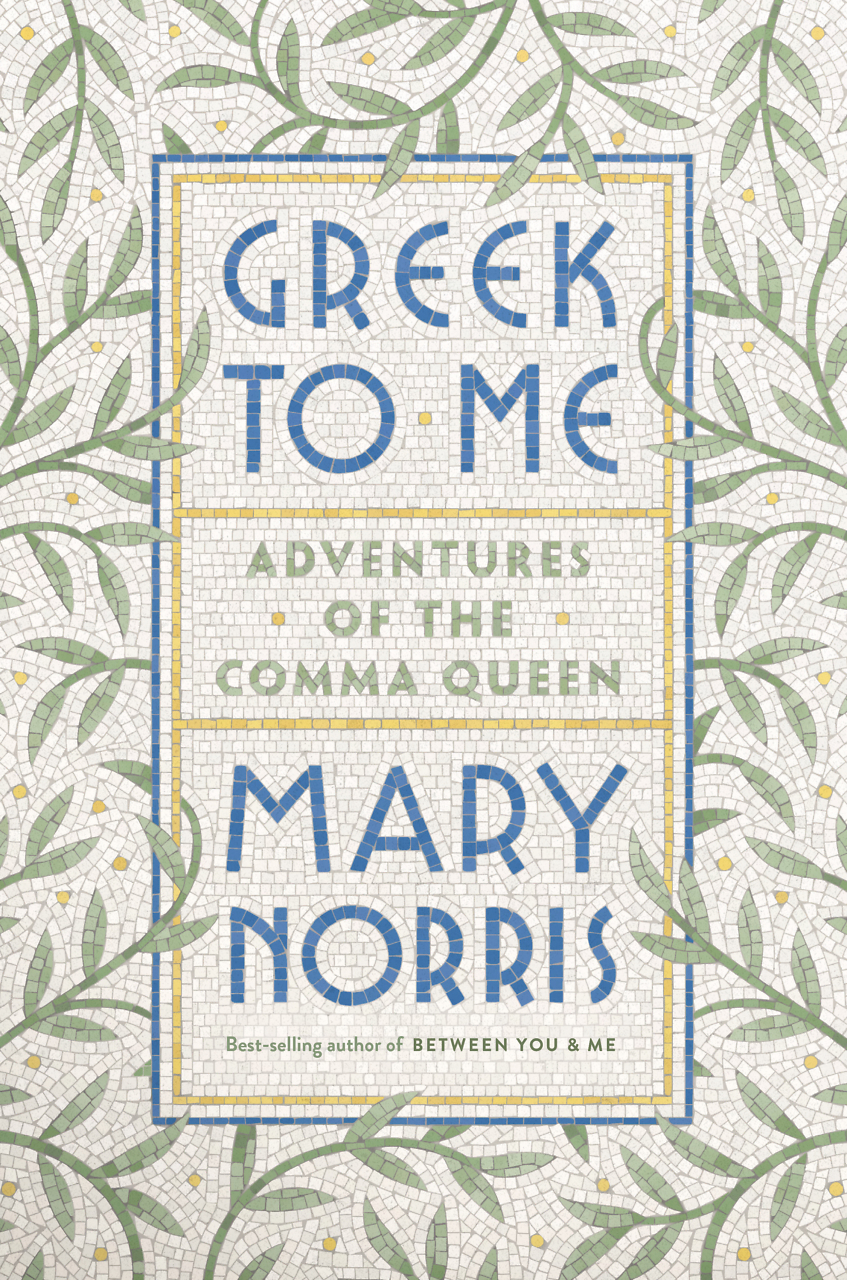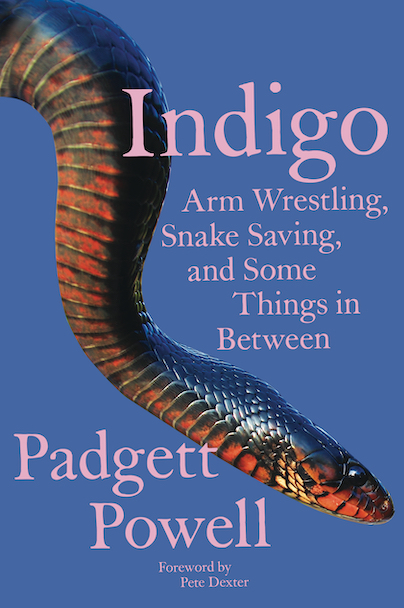Messing Around with Veracity
In a book that may or may not be a long essay, and may or may not be a collection of prose poems, T Fleishmann explores the nature of personal truth
For a suitable introduction to Syzygy, Beauty, let us consider the name of its author, T Fleischmann. A first name that consists of a single initial, both firm and coy, forbids the deduction of gender. Nor are there any pronouns associated with Fleischmann in the book’s brief author biography. This erasure of gender is of a piece with the content of Syzygy, Beauty, which quietly dodges literary expectations and resists parsing. In part it chronicles a universal strain of story—the bumpy course of a complicated relationship, a love triangle—but it does so through an entirely new, occasionally gorgeous script, in language that is both direct and oblique. “How to describe the indescribable might as well be the title of this blurb,” the writer Ander Monson, with whom Fleischmann has studied, writes. “[It] resists being fenced in.”
 On that note, the cover of Syzygy, Beauty labels the book as an essay, but it’s no less accurate to call it a collection of prose poems, linked by repeated themes and motifs. On each page, a brief piece of prose—like a block, or brick: material from which a larger structure is built—stakes a claim on the white expanse of the page. As neat and ordered as this formal aspect might appear, the text itself resists categorical structures and definitions. Neither the book’s narrator nor the lovers being addressed directly in these pages is identified by name.
On that note, the cover of Syzygy, Beauty labels the book as an essay, but it’s no less accurate to call it a collection of prose poems, linked by repeated themes and motifs. On each page, a brief piece of prose—like a block, or brick: material from which a larger structure is built—stakes a claim on the white expanse of the page. As neat and ordered as this formal aspect might appear, the text itself resists categorical structures and definitions. Neither the book’s narrator nor the lovers being addressed directly in these pages is identified by name.
Though locations, too, are mainly left unnamed in the book, one setting emerges as significant: a rural encampment in Appalachia, where people live in tents and construct cabins. “When you came to the mountain farm my legs were rashed red by chiggers and the sun slipped quickly behind the ridge,” Fleischmann writes. “Soon, your tent was empty and you were in my bed, the hills cupped around us like hands taking water to a mouth.”
Both here and in a city, the narrator and the narrator’s lover consider the distance and obstacles between them—in particular, the lover’s boyfriend. That gendered word, “boyfriend,” reappears frequently, invoked whenever the narrator considers the lover’s other lover. Even the prosaic quality of a noun like “boyfriend” (and “date,” another frequently repeated one) suggests another way in which this book resists conventional literary categories: by refusing to separate lyrical from everyday prose, or the straightforward from the oblique.
The narrator, likewise, is pinned to no one place: “I am having trouble living somewhere, or anywhere. After only a month has passed, I find myself on the side of the road again, walking to the trains. I have been so many places I must be sunlight,” Fleischmann writes.
 In these linked pieces, Fleischmann—who lives in rural East Tennessee, near Bush Creek—traces lines between this unmoored relationship, the construction of a house, and several works of contemporary art. Some sentences transcend as they pull the book’s subjects together: “There is a very important part of your life into which I am not welcome,” Fleischmann writes. “Two boards aligned with the same board will not always be aligned with each other, an angle for water to catch and rot away.” In another lovely passage, the narrator contemplates certain paradoxes, or contradictions: “The darkness of the theatre allows touch and the people of the theatre prevent it. The surface of water will always break, but if you come at it from high enough, it will break your back.”
In these linked pieces, Fleischmann—who lives in rural East Tennessee, near Bush Creek—traces lines between this unmoored relationship, the construction of a house, and several works of contemporary art. Some sentences transcend as they pull the book’s subjects together: “There is a very important part of your life into which I am not welcome,” Fleischmann writes. “Two boards aligned with the same board will not always be aligned with each other, an angle for water to catch and rot away.” In another lovely passage, the narrator contemplates certain paradoxes, or contradictions: “The darkness of the theatre allows touch and the people of the theatre prevent it. The surface of water will always break, but if you come at it from high enough, it will break your back.”
What does it mean to build, to occupy, a house or a plot of land? To build, or be in, a relationship? And what does it do to something—an object, person, place, emotion—to describe it, to attach words to it? These are questions that cycle through Syzygy, Beauty. “By describing something we place it at a distance,” Fleischmann writes.
To understand the aims of this unusual book, it may be most useful to consider Fleischmann’s own ideas about it. In an interview with H.L. Hix for In Quire, Fleischmann describes ideas about narrative and truth that underpin this work: “I consider Syzygy, Beauty to be an essay, even as it draws from poetry and other genres. I’m attracted to the essay’s own relationship with truth, its kind of scandalous, drunk messing around with veracity. … In figuring out my own experience, I have to be aware of my subjectivity, of my lies, and of those stories I omit through forgetfulness or intention.”
At times in Syzygy, Beauty, the logic linking one image or idea to the next can be fairly inscrutable, but this is not a book that aims for transparency. Its treasures are sometimes nestled in a careful opacity—which makes them all the more successful as treasures.


